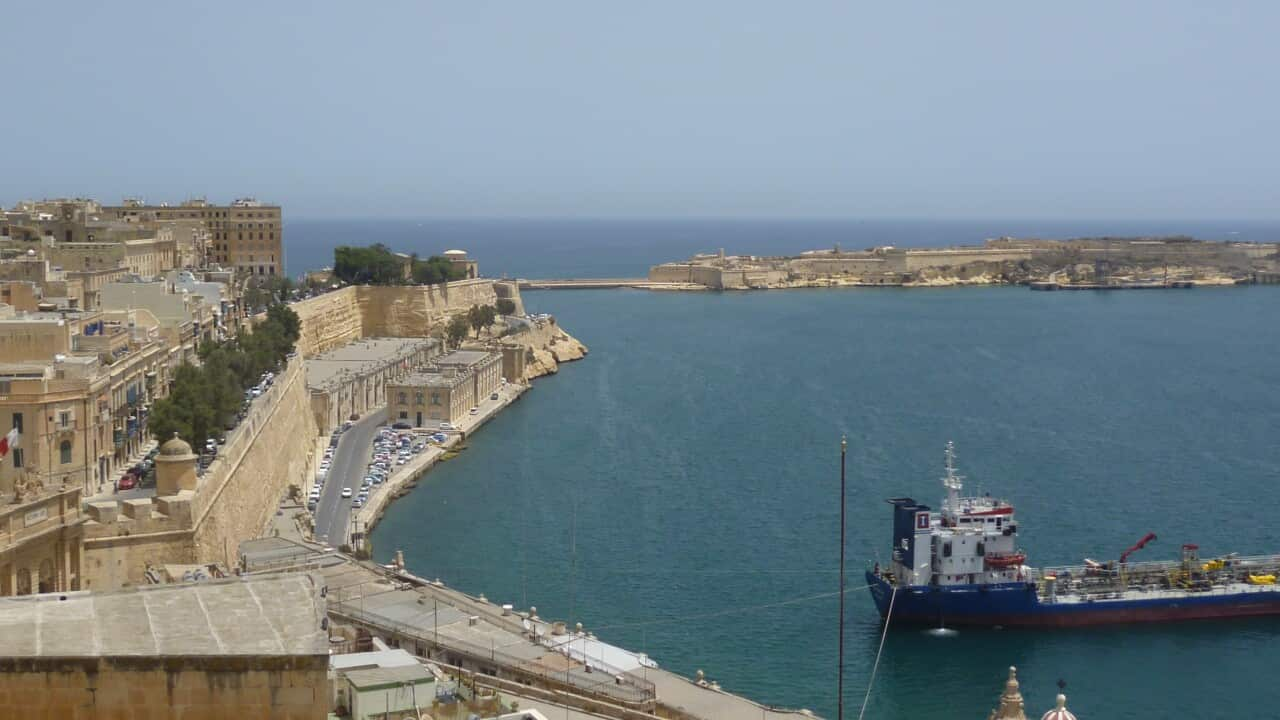The Republic of Malta is the European Union’s smallest member state, but is also proving to be one of its most progressive, according to the .
The island is home to less than half a million people—of which 98% are Roman Catholic. Yet despite a history of conservative Catholicism, Malta is fast becoming a world leader when it comes to LGBT+ rights.
Alex Mangion became the country’s first transgender politician after winning a local office position when he was just 24, running on the conservative Nationalists’ ticket.
"The Nationalist Party's having a transgender person in the party made people realise it's not conservative,” Mangion tells AP.
The now 26-year-old politician was also the first transgender person in Malta who was able to update his official documents without undergoing surgery or hormone treatment. Both the Nationalists and the Labor Party signed an historic bill in 2015 allowing for trans and intersex people to update administrative records with ease.
Malta also became the first European country to at the end of last year, winning the praise of Maltese psychologists who were treating patients struggling with their stigmatised sexuality.
Ben Knight, a New York-based researcher for Human Rights watch says of the country’s LGBT+ laws that, it’s "not just the result as much as the process.”
A local council of LGBT+ advocates was set up in 2013 to advise the government and provide guidance on how LGBT+ prisoners should be treated and how schools could tackle the bullying of gay and trans students.
Knight says he was recently asked by Japan to consult on how LGBT+ discrimination in schools should be dealt with.
“We copied and pasted these (Maltese) guidance documents and we said, 'Look, this is how you do it,'" says Knight.
Malta joined the European Union in 2004, which is one theory as to why the country has made such leaps and bounds with LGBT+ rights and become less insular.
On a recent episode of a national cooking show called Aroma Kitchen, a dairy consultant named Victor Anastasi summed up the national outlook:
"We're a Catholic country. But eventually, the church has to come to terms with a changing society.”


